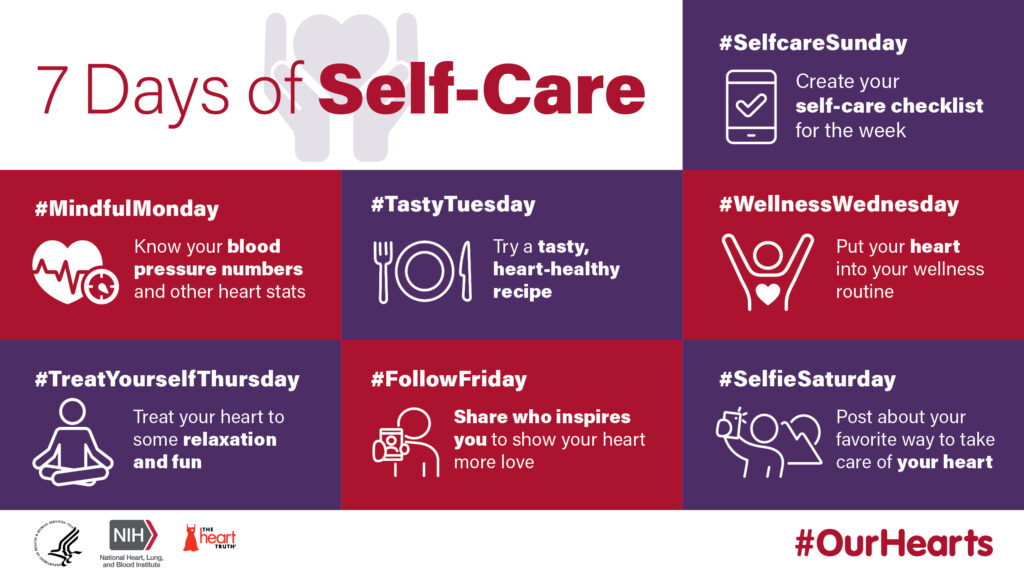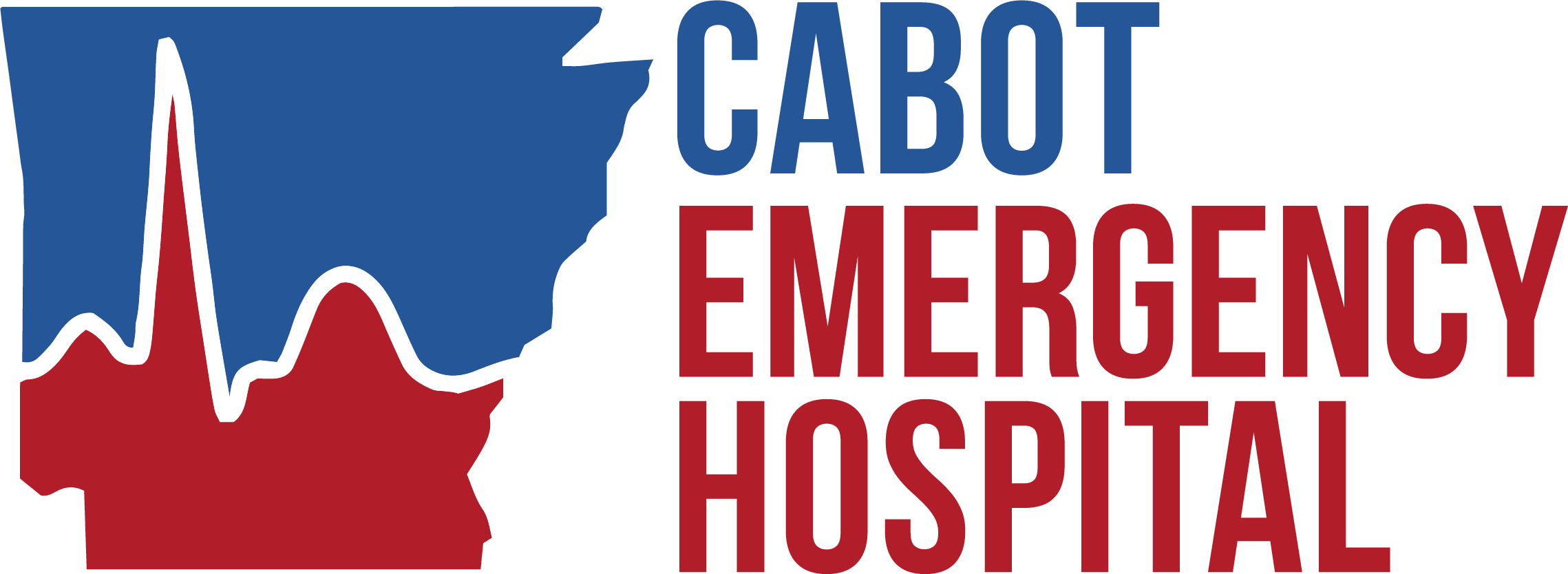Thanks to Valentine’s Day, the symbol for February is a heart. ❤ You see it everywhere—on candy, cards, decorations, and clothing, so what better time to honor our hearts than with American Heart Month!
In addition to AHM, February 5 is National Wear Red Day! Get involved by wearing red this Friday to help raise awareness of the risks and symptoms of heart disease and how to improve cardiovascular health.
Risk Factors and Warning Signs
Unfortunately, heart disease is the leading cause of death among adults in the United States.
According to the CDC, at least 80% of premature deaths from heart disease and stroke could have been avoided. Thankfully, with this knowledge and medical studies, scientists and doctors have found there are proven lifestyle changes you can make to lessen your risk.
Some of the risk factors for heart failure include high blood pressure, diabetes, coronary artery disease, sleep apnea, obesity, and excessive alcohol and tobacco use. If you have a loved one who may be at high risk for developing cardiac problems, we encourage you to use American Heart Month as a platform to have a heart to heart with them about their health.
There can be warning signs indicating an unhealthy heart, but not all cardiovascular issues show symptoms, so it’s essential to visit your doctor for checkups and screenings regularly.
The symptoms of heart failure may include:
- Shortness of breath
- Weakness and fatigue
- Irregular heartbeat
- Rapid heartbeat
- Swelling in your feet, ankles, and legs
- Inability to exercise
- Constant cough or wheezing
- Rapid weight gain and fluid retention
- Lack of appetite and nausea
- Decreased alertness
- Chest pain
These signs are some of the top reasons we see patients in the ER. If you or a loved one experience any of the symptoms listed above, please contact your healthcare provider as soon as possible or visit us today for a medical evaluation.
Lessen Your Risk
As with many health issues, two of the best ways to improve cardiovascular health is through diet and exercise.
Diet
With age, it becomes increasingly more important to eat food that fuels your body rather than harms it. Heart disease occurs when fatty deposits gradually build up on the artery walls that carry blood to the heart, causing them to narrow. Things like sodium, fats, and cholesterol all contribute to this build up over time. Small changes in your diet can have a powerful positive effect on your long-term health and wellness.
Clean up your diet by incorporating these delicious heart-healthy foods into your daily meals:
- Berries
- Walnuts
- Whole grains
- Avocado
- Beans
- Seeds
- Fatty fish
- Garlic
- Olive oil
- Tomatoes
- Dark chocolate
Click here to search hundreds of heart-healthy recipes, courtesy of the American Heart Association.
Exercise
The Annual Review of Public Health released a 2011 study that showed physical inactivity is associated with the highest risk of cardiovascular disease, while volumes of high aerobic exercise are directly correlated to the lowest risk of cardiovascular disease.
The American Heart Association recommends the average person engage in at least 2.5 hours of moderate-intensity cardio per week. However, the CDC reports that only 50% of Americans meet these guidelines.
Implementing cardio into your week doesn’t mean you have to start training for a marathon. Spice up your cardio routine with these ten unique exercises guaranteed to get your heart rate up.
- Cycling
- Swimming
- Dancing
- Rowing
- Kickboxing
- Speed Walking
- Jumping Rope
- Tennis
- Hiking
- Climbing Stairs
Although cardio is the most effective type of exercise for heart health, any type of mobility is better for your heart than immobility. Scientists and Doctors have found the activity that requires the least amount of energy and still produces health benefits is standing. On days when your schedule isn’t flexible enough to fit in a cardio session, try to work in time on your feet throughout the day.
Pledge to yourself and your loved ones this American Heart Month to protect your most important organ! Starting this Sunday, you can also participate in the 7 Days of Self-Care. Share your support on social media and tag #OurHearts!






Comments are closed